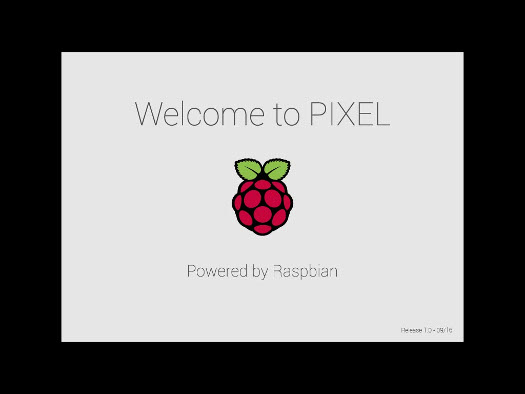“Software Freedom” shouldn’t mean “use free software or else.” It should mean you are free to use the software you choose.
Roblimo’s Hideaway
 I have the Chrome web browser running full-screen on my Ubuntu desktop. Not Chromium, but proprietary Chrome — because it suits my needs better than open source Chromium. I also like Chrome better than Firefox, and I say this after using only Firefox for a week and trying hard to like it.
I have the Chrome web browser running full-screen on my Ubuntu desktop. Not Chromium, but proprietary Chrome — because it suits my needs better than open source Chromium. I also like Chrome better than Firefox, and I say this after using only Firefox for a week and trying hard to like it.
Some of this may be habit. We humans tend to prefer the familiar to the unfamiliar, and I’ll admit that I have gotten used to Chrome and its features.
Robin “Roblimo” Miller is a freelance writer and former editor-in-chief at Open Source Technology Group, the company that owned SourceForge, freshmeat, Linux.com, NewsForge, ThinkGeek and Slashdot, and until recently served as a video editor at Slashdot. Now he’s mostly retired, but still works part-time as an editorial consultant for Grid Dynamics, and (obviously) writes for FOSS Force.








 LibreOffice has been in the news this week. The big story, which we first heard on Tuesday, is that Canonical has joined
LibreOffice has been in the news this week. The big story, which we first heard on Tuesday, is that Canonical has joined 
 The announcement came about an hour ago via a
The announcement came about an hour ago via a 

 “When building features for hundreds of millions of Firefox users worldwide, it’s important to get them right,” he wrote. “To help figure out which features should ship and how they should work, we created the new Test Pilot program.”
“When building features for hundreds of millions of Firefox users worldwide, it’s important to get them right,” he wrote. “To help figure out which features should ship and how they should work, we created the new Test Pilot program.”